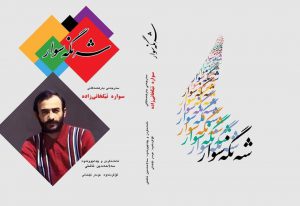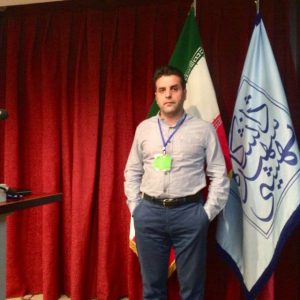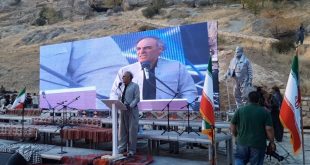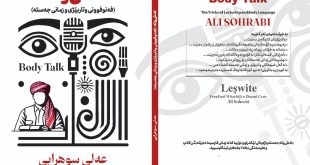
The Study of Swara’s poem Eagle based on Structuralism (Based on Grimas’ theory)

Jafar Ghahramany
Abstract
The use of narrative in poetic language has been common since long ago, and narrative as an integral and important part of ancient texts has been used in texts such as the Iliad and Odyssey of Homer and inscriptions Gilgamesh. In this study, the history of structuralism will be discuss briefly, and then considering the views of the famous structuralist author, Greimas, the structure of the narrative poem “The Eagle”, written by Suwara Ilkhanizada would be analyzed. In this poem, given the narrative basis, both elements of “narrative” and “narrator” are there. This paper seeks to closely investigate these elements. The influence of Structuralism on literary criticism research in this era can be seen clearly. “The Eagle” including images, opposing views and conflicting advices, turns its attention to the ideal world of man and introduces it as a great value. In this poem eagle, raven, ethics, nature, and a contradictory situation are talked about. In an indirect way, it attracts the readers’ mind, and compels them to think. The flow of the story moves from initial relief to the climax, and finally returns to peace. This story, actively affects the mind and soul of the reader. The dialogues follow a literary style of writing. The roles, positions, and characters of eagle and raven are represented in a way that the reader understands the story of the two characters’ opposing ideas and views. The social aspect of the protagonist is positive, and it is depicted in an artistic way. “The Eagle” is a didactic piece of poetry, and a kind of allegory.
Keywords: The Eagle; Structuralism ;Narrative poem.
 خانە کتاب كُردی
خانە کتاب كُردی



